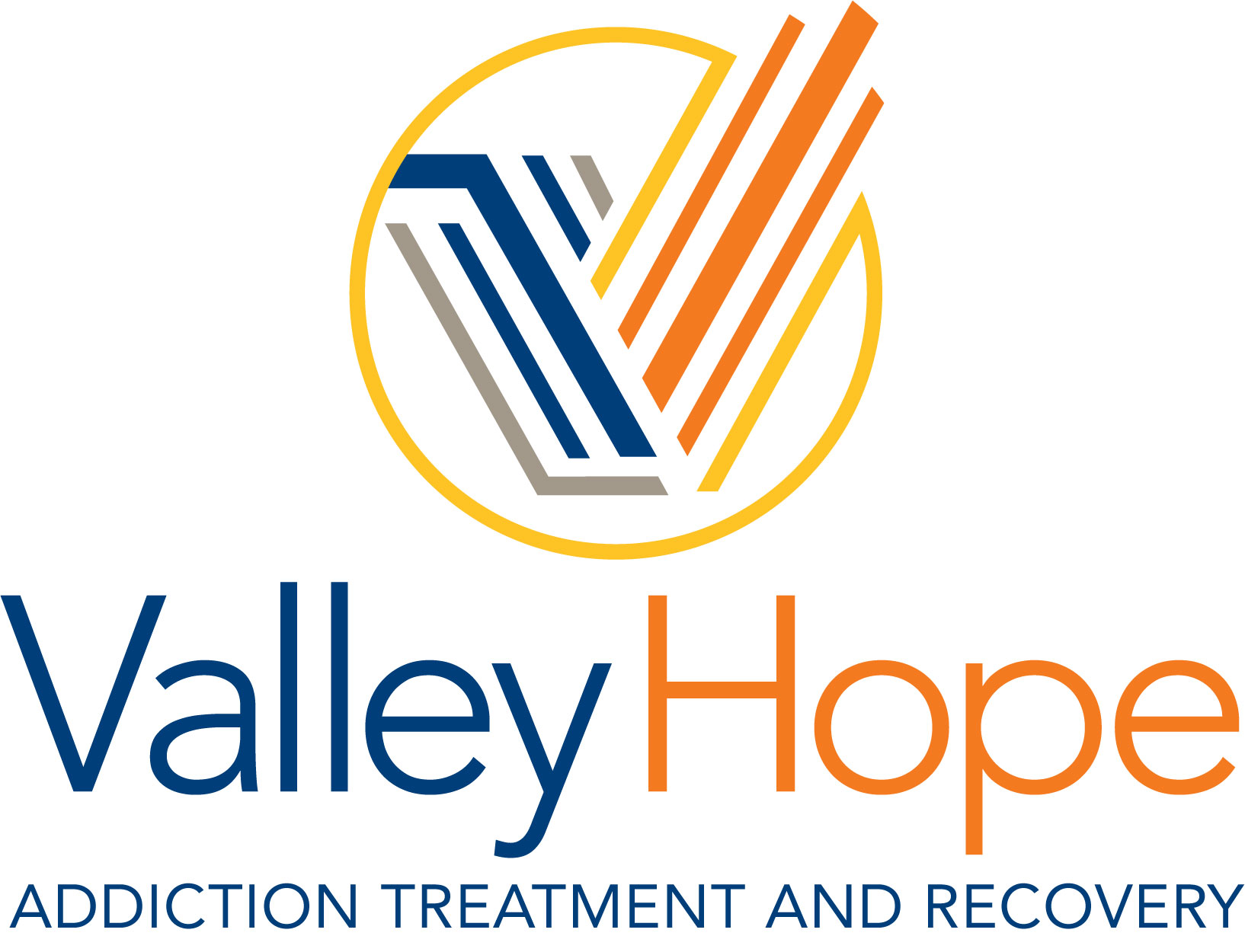Spiritual Care for Addiction Treatment and Recovery
At Valley Hope, our comprehensive addiction treatment program addresses the mind, body and spirit. A combination of more than 50 years of experience treating addiction with extensive evidence-based research clearly confirms that spirituality plays a powerful role in healing and recovery from substance abuse.
Honoring Your Spiritual Path in Recovery
Our spiritual care approach is based on the understanding that spirituality reaches beyond religious traditions and focuses on building hope, self-worth, and purpose. Whatever your belief system is, our spiritual care team will help you incorporate it into your treatment plan and build recovery skills.
Private religious practices, such as prayer and reading, during treatment and recovery have positive impacts on sobriety success. Engagement in spiritual activities during treatment is directly related to improvements in treatment engagement and long-term recovery.
The spiritually-based 12 Step program is embedded in the Valley Hope treatment model. Our programing is designed and our staff selected and trained around an integrated holistic model of treatment. With care and sensitivity, our clinical care team, including chaplains, explores and addresses all the areas that may be causing a patient pain or suffering.
Chaplain Services
Valley Hope remains one of the few addiction treatment organizations that provides a dedicated, full time chaplain team at each residential center. Our chaplains offer spiritual care and support in the clinical setting.
How Chaplains Provide Support:
Spiritual Assessments
Spiritual assessments create an understanding of the patient’s spiritual background including worldview (theist, atheist, agnostic, etc.), religious upbringing, current or past spiritual disciplines, concerns, and struggles (guilt, resentments, anger toward God, abandoned by church, etc.).
Development of Treatment Plan
Valley Hope chaplains establish what spiritual disciplines the patient might practice during their treatment stay for the purpose of spiritual growth and alignment with personal values. This plan may also establish goals for reconciling with God or working on grief.
Encourage 12 Step Work
Your designated chaplain will provide weekly work on one of the 12 Steps. The details of this 12 Step work remains confidential between you and your chaplain.
Chapel Services
Valley Hope chaplains lead optional daily chapel services on-site at each residential treatment facility. Chapel services are conducted as 10-15 minute meditations that focus the patient on recovery and higher power.
Educational Lectures
At Valley Hope, chaplains provide patient group lectures on 12 Step work and spiritual issues such as forgiveness, spirituality, spiritual disciplines, guilt, shame and more.
Spirituality and Recovery Outcomes
At Valley Hope, spirituality is embedded in our values and history, and patients are typically very receptive to exploring their personal spiritual beliefs — regardless of what they are — and how to leverage them as an essential part of their recovery strategy.
With experience and evidence cultivated over five decades of treating patients with drug and alcohol addictions, Valley Hope’s clinical research confirms the importance and effectiveness of integrating spirituality into our treatment model.
Higher levels of spirituality have a protective effect against addiction relapse and is associated with increased length of sobriety. Involvement in spiritually-based programs and fellowships during the recovery process, such as 12 Step and AA/NA, are also strongly linked to successful recovery behaviors and outcomes.

Research underscores the importance of integrating spirituality into addiction treatment and recovery:
Higher levels of spirituality are shown to have a protective effect against relapse and is associated with increased length of sobriety.
Involvement in spiritually based programs and fellowships during the recovery process, such as 12 Step and AA/NA, are also strongly linked to Improved recovery behaviors and outcomes.
Those who have reported having a significant spiritual experience or awakening have shown improved odds of maintaining continuous sobriety.1
On other health indicators, frequency of involvement in 12 Step programs related to lower distress, reduced depression, and higher quality of life.2
1Kaskutas, Norman, Bond, & Weisner, 2003; Sandoz, 1999; Strobbe, Cranford, Wojnar, & Brower, 2013; Zemore, 2007; 2Gossop et al., 2003; R. H. Moos et al., 1999; Wilcox, Pearson, & Tonigan, 2015
Find Healing Through Spiritual Care
At Valley Hope, recovery is about more than just treating the addiction—it’s about restoring the whole person. Our spiritual care program helps you reconnect with your values, rebuild purpose, and find hope on your journey to healing.
Whether you follow a specific faith tradition or simply seek greater meaning in life, our compassionate chaplain team will support you with personalized spiritual guidance as part of your treatment experience.
If you or a loved one is ready to begin the path to recovery with spiritual support, we’re here to help. Call (800) 544-5101 today to speak with a Valley Hope admissions specialist and take the first step.




